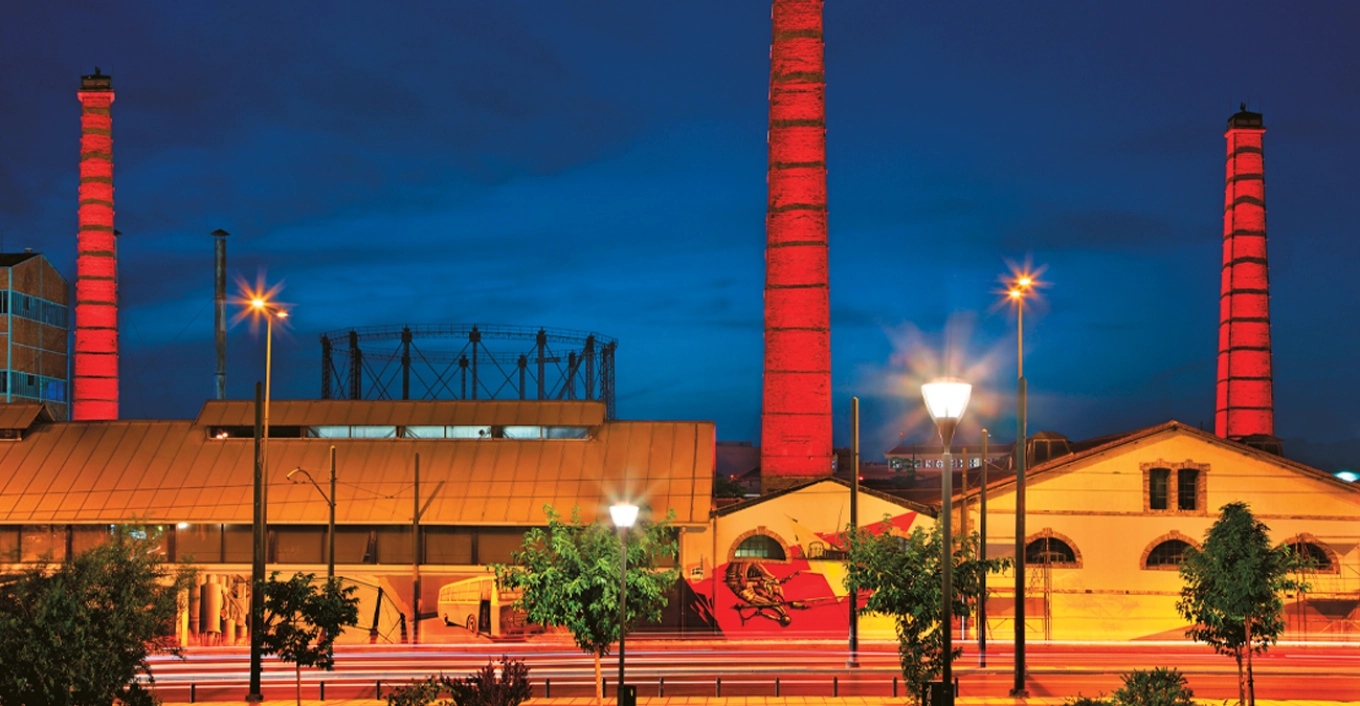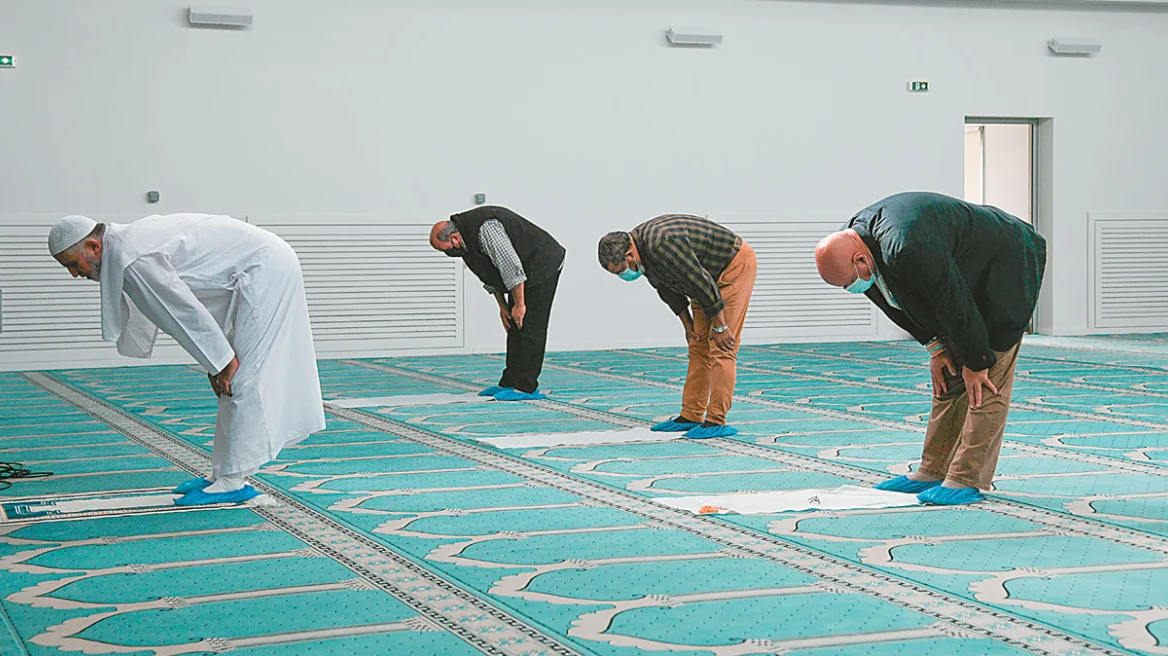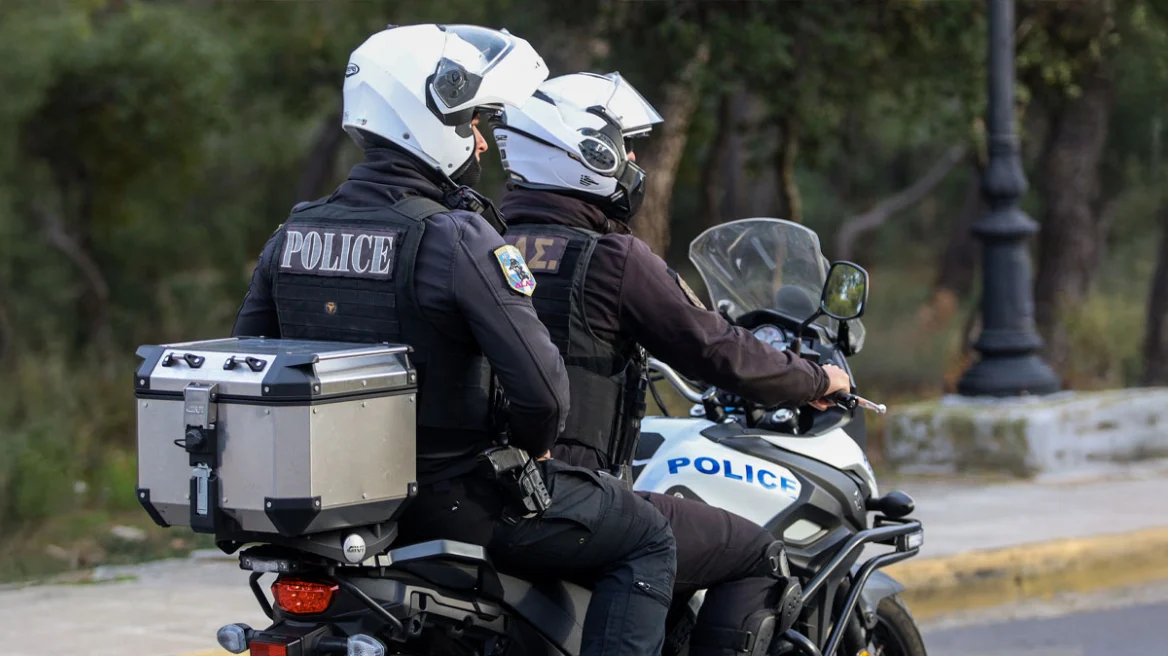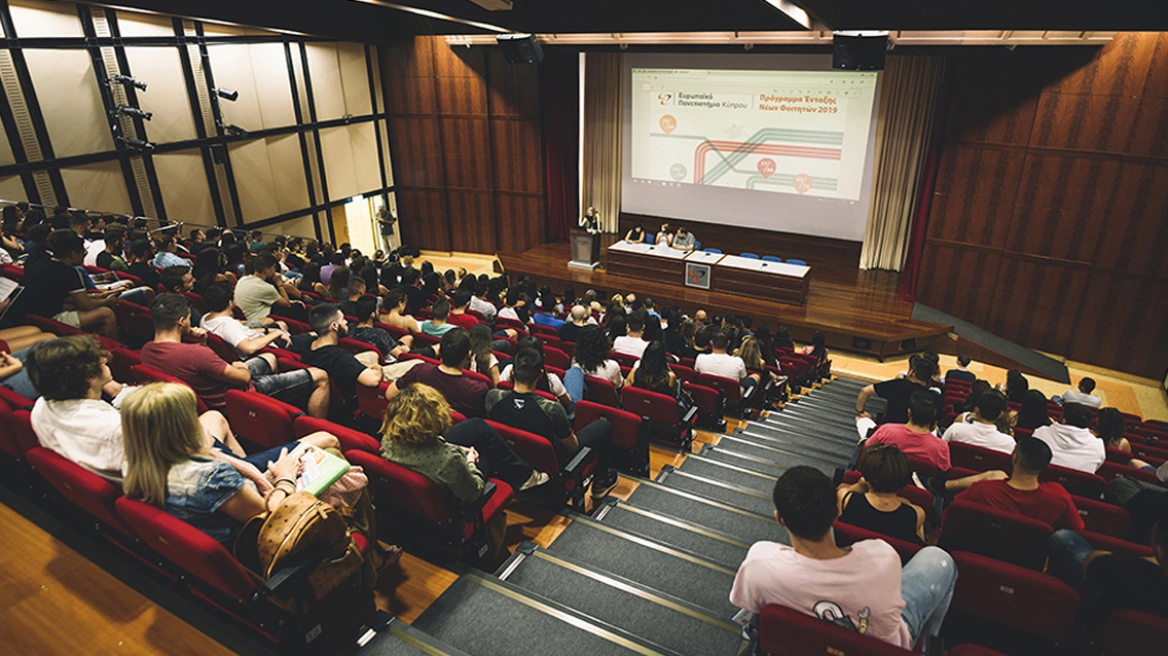One of the key functions of the United Nations (UN) is to closely monitor and raise awareness on issues of human rights across the globe.
The branch responsible for reporting any violations of human rights is the United Nations Human Rights Council (UNHRC), an inter-governmental body founded in 2006 which consists of 47 representatives of States, who are elected to safeguard human rights.
But what happens when the nations of those members tasked with championing these core human values, and shedding light on abuses around the world, are widely acknowledged as some of the most prolific offenders of the rights they are supposed to be defending?
also read
Covid-19 economic support measures
Voyager 2: NASA finally gets in contact with 50-year-old spacecraft from 12 billion miles away
In the field of psychology, there is a term called “cognitive dissonance” which describes the state of an individual holding two contradictory beliefs, ideas, or values, at the same time.
This psychological description appears to perfectly fit what is going on at the UN, as it has chosen as the arbiters of human rights those who are consistently and repeatedly violating these exact values.
A perfect case in point is Pakistan, which was recently voted among the 47 members of the UNHRC, despite its poor record on human rights, as reported by the UN itself!
An excerpt from the UN’s official 2020 report on human rights is illustrative of this ‘mental affliction’, (or simply hypocrisy, as some might call it) :
Although Prime Minister Imran Khan pledged to make social justice a priority after taking office in July 2018, his administration has increased restrictions on media, the political opposition, and nongovernmental organizations (NGOs).
Scores of civilians were killed in attacks by the Pakistani Taliban, Al Qaeda, and other armed groups. Members of extremist groups, government officials, and politicians threatened the media and carried out violent attacks on journalists.
Women, religious minorities, and transgender people continued to face violence, discrimination, and persecution, with authorities often failing to provide adequate protection or hold perpetrators accountable.
The government cracked down on members and supporters of political parties. Several opposition leaders, including former heads of state and cabinet ministers, were arrested over corruption allegations. Members of the Pashtun Tahhaffuz Movement (PTM) held protests demanding accountability for extrajudicial killings and enforced disappearances.
In May, Aasia Bibi, a Christian woman who had spent eight years on death row for blasphemy, was released and allowed to rejoin her family in Canada. The Pakistan Supreme Court had acquitted Aasia in October 2018, but she had remained in custody due to nationwide protests by religious groups.
Of course, we are not naive. We live in a world where politics – and all that it entails- and power struggles are the nature of things, from local governance to the highest levels of decision-making at national and supranational bodies.
However, it should not come as a surprise to anyone that this flagrant contradiction is one of the main reasons that people across the globe are losing faith in fundamental institutions and are turning to extreme populist voices. Some serious self-reflection and introspection are urgently needed by the ‘self-righteous’ perched in the highest echelons of policymaking…
Ask me anything
Explore related questions





